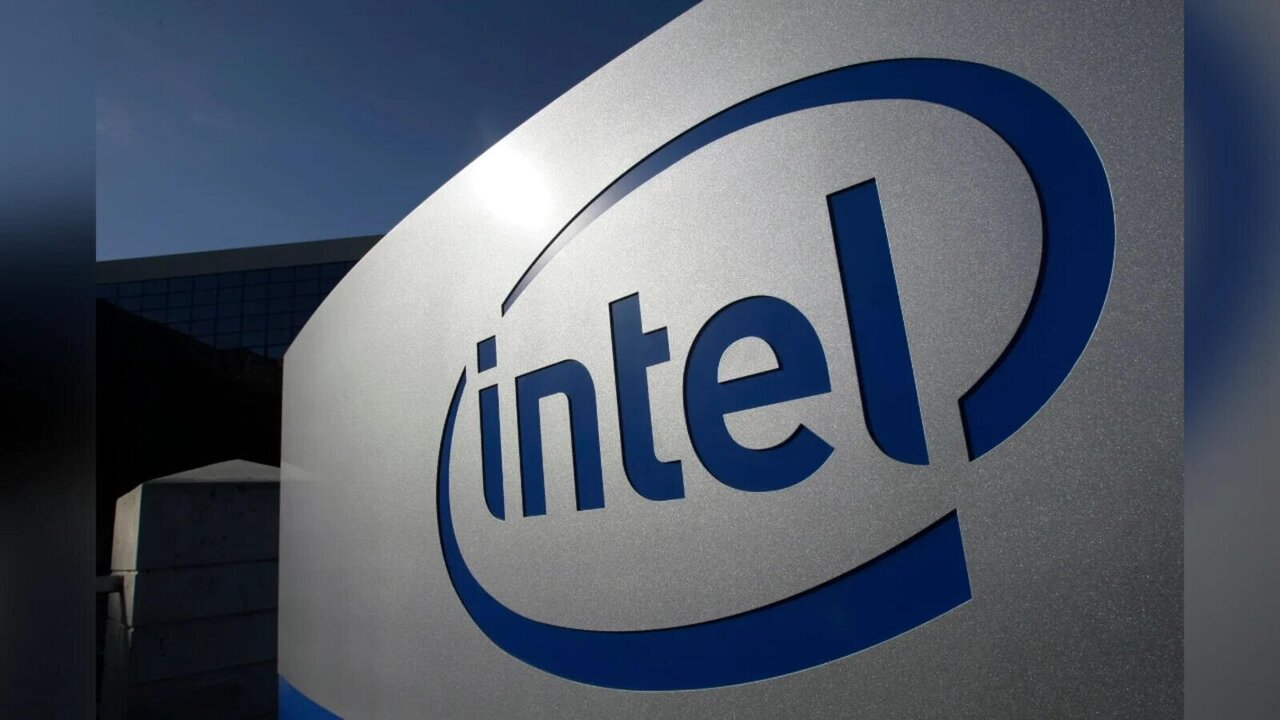
Intel launches legal action after alleged theft of 18,000 'Top Secret' files by engineer
Chipmaker sues former employee Jinfeng Luo, accusing him of stealing classified design and source code materials before disappearing
Intel Corporation has filed a civil lawsuit in the U.S. District Court for the Western District of Washington against former software engineer Jinfeng Luo, accusing him of stealing approximately 18,000 confidential files, some marked 'Intel Top Secret,' shortly before his termination.
According to court filings, Luo, who joined Intel in 2014, was notified on July 7 of his dismissal as part of a wider round of corporate layoffs, with his employment ending later that month.
Intel alleges that on July 23, Luo attempted to transfer company files to an external drive, but security systems blocked the attempt.
Three days before his final day, he is said to have connected a home-based network-attached storage (NAS) device, enabling him to download tens of thousands of documents from Intel’s internal systems.
These reportedly included engineering documentation, internal testing data, source code, and technical plans for unreleased processors and architectures.
The company discovered the breach through routine information-security audits and immediately began an internal investigation.
Intel’s legal complaint states that for more than three months, the firm tried to contact Luo by phone, email, and certified mail at addresses in Seattle and Portland, but received no reply.
Luo’s current whereabouts remain unknown.
Intel is demanding at least $250,000 in damages, the return of all stolen materials, and injunctive relief to prevent further use or disclosure of its trade secrets.
The case, filed under Intel Corporation v.
Luo (Case No. 2:2025-cv-02159), invokes the U.S. Defend Trade Secrets Act and related state laws.
While the allegations are detailed, Luo has not yet responded publicly, and no criminal charges have been announced.
The lawsuit comes during a turbulent period for Intel, which has been restructuring amid fierce competition from AMD, Apple, and Nvidia.
The company has already laid off tens of thousands of workers since 2023 in an effort to stabilize profitability.
The alleged theft adds to Intel’s recent series of internal security breaches — including a previous case where another engineer was convicted of misusing confidential Intel data after joining Microsoft.
For Intel, the case highlights not only the risk of insider breaches during mass layoffs but also the critical importance of securing trade secrets in an era of rapid technological competition.
Whether Luo’s alleged actions were linked to future employment or external influence remains unclear.
For now, the company’s message is unmistakable: the protection of its intellectual property remains a top priority as it works to rebuild trust and maintain its strategic edge in the semiconductor race.
According to court filings, Luo, who joined Intel in 2014, was notified on July 7 of his dismissal as part of a wider round of corporate layoffs, with his employment ending later that month.
Intel alleges that on July 23, Luo attempted to transfer company files to an external drive, but security systems blocked the attempt.
Three days before his final day, he is said to have connected a home-based network-attached storage (NAS) device, enabling him to download tens of thousands of documents from Intel’s internal systems.
These reportedly included engineering documentation, internal testing data, source code, and technical plans for unreleased processors and architectures.
The company discovered the breach through routine information-security audits and immediately began an internal investigation.
Intel’s legal complaint states that for more than three months, the firm tried to contact Luo by phone, email, and certified mail at addresses in Seattle and Portland, but received no reply.
Luo’s current whereabouts remain unknown.
Intel is demanding at least $250,000 in damages, the return of all stolen materials, and injunctive relief to prevent further use or disclosure of its trade secrets.
The case, filed under Intel Corporation v.
Luo (Case No. 2:2025-cv-02159), invokes the U.S. Defend Trade Secrets Act and related state laws.
While the allegations are detailed, Luo has not yet responded publicly, and no criminal charges have been announced.
The lawsuit comes during a turbulent period for Intel, which has been restructuring amid fierce competition from AMD, Apple, and Nvidia.
The company has already laid off tens of thousands of workers since 2023 in an effort to stabilize profitability.
The alleged theft adds to Intel’s recent series of internal security breaches — including a previous case where another engineer was convicted of misusing confidential Intel data after joining Microsoft.
For Intel, the case highlights not only the risk of insider breaches during mass layoffs but also the critical importance of securing trade secrets in an era of rapid technological competition.
Whether Luo’s alleged actions were linked to future employment or external influence remains unclear.
For now, the company’s message is unmistakable: the protection of its intellectual property remains a top priority as it works to rebuild trust and maintain its strategic edge in the semiconductor race.












